Berries are small but mighty fruits that are not only tasty but also incredibly healthy. They are rich in various nutrients, including vitamins, minerals, fiber, and antioxidants, which can help protect your body against various diseases and promote overall wellness. With so many options out there, it can be challenging to know which berries are the most beneficial for your health. In this article, we’ll introduce you to the most healthiest berries, their nutritional value, benefits, and some creative ways to add them to your diet.
The Most Healthiest Berries:
-
Acai Berries
Acai berries are widely known for their high antioxidant content, particularly anthocyanins and flavonoids, which can help protect against oxidative stress and inflammation in the body. They are also rich in essential fatty acids, fiber, and vitamins A, C, and E, which can help support digestion, healthy skin, heart health.
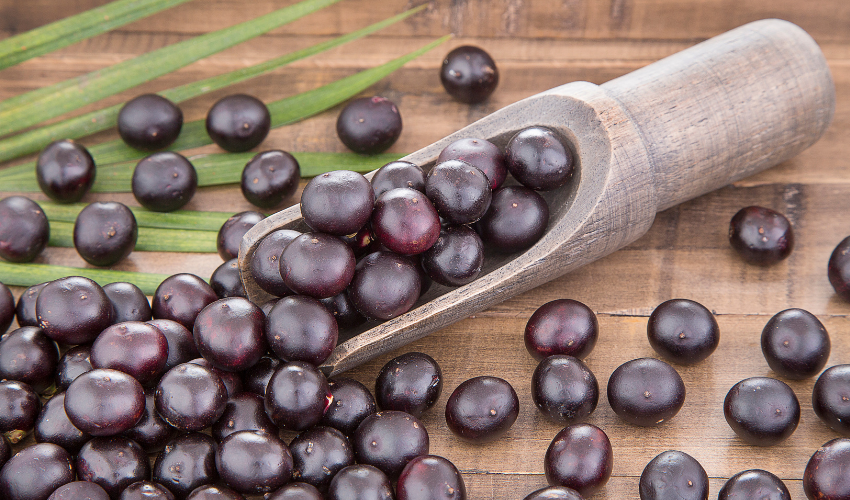
Uses: Acai berries are commonly found in smoothie bowls, juices, and supplements. You can also mix acai powder into your yogurt, oatmeal, or granola for an extra nutritional boost.
-
Blueberries
Blueberries are a popular berry that are often referred to as a “superfood.” They are packed with antioxidants, particularly anthocyanins, which can help improve cognitive function, lower inflammation, and protect against various diseases such as heart disease, diabetes, and cancer. Blueberries are also rich in fiber, vitamin C, and manganese, which can support healthy digestion and bone health.
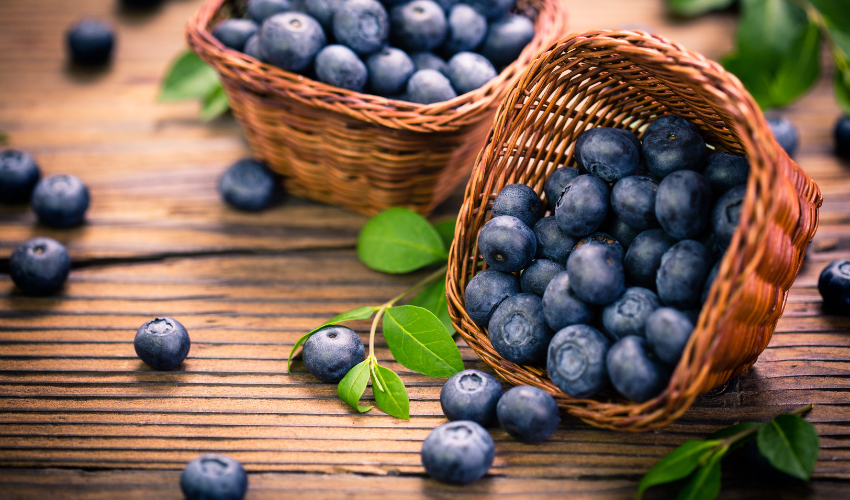
Uses: Blueberries are a versatile berry that can be enjoyed fresh, frozen, or in baked goods such as muffins, pancakes, or pies. They can also be added to your smoothies, yogurt bowls, or oatmeal.
-
Blackberries
Blackberries are another nutritious berry that are high in antioxidants, especially vitamin C, which can help boost immunity and promote healthy skin. They also contain fiber, vitamin K, and manganese, which can support healthy digestion and bone health.
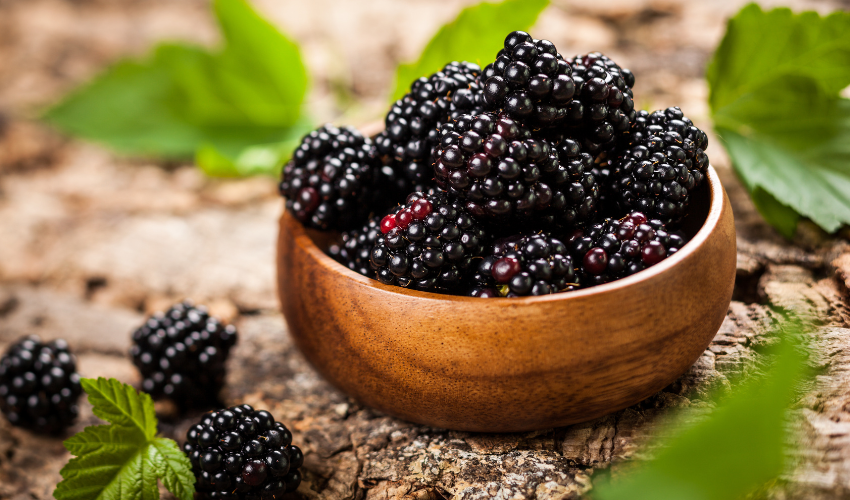
Uses: Blackberries can be eaten fresh or frozen and added to smoothies, salads, or yogurt bowls. They also make a great addition to jams, jellies, and baked goods.
-
Cranberries
Cranberries are well known for their role in preventing urinary tract infections, thanks to their high content of proanthocyanidins, which can help prevent bacteria from sticking to the urinary tract walls. They are also high in vitamin C, fiber, and antioxidants, which can help promote healthy digestion and prevent chronic diseases.
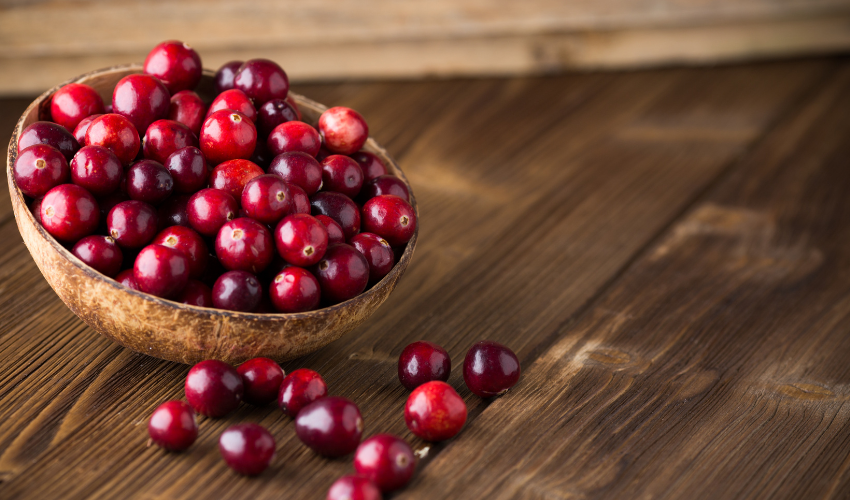
Uses: Cranberries can be consumed as juice, dried fruit, or fresh berries. They make a great addition to salads, muffins, and granola bars.
-
Raspberries
Raspberries are a delicious and nutritious berry that are rich in antioxidants, particularly ellagic acid, which can help protect against cancer and promote healthy skin. They are also high in fiber, vitamin C, and manganese, which can support healthy digestion and bone health.
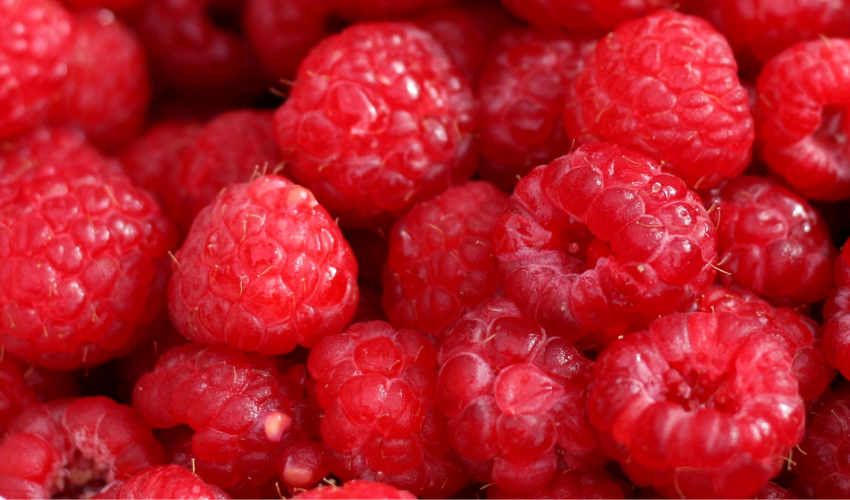
Uses: Raspberries can be eaten fresh or frozen and added to smoothies, yogurt bowls, or salads. They also make a great topping for cakes, pancakes, and waffles.
FAQs:
- Which berry is the most nutritious?
All of the berries mentioned above are highly nutritious and offer a range of health benefits. However, acai berries have the highest antioxidant content per serving compared to other berries, making them a top choice for promoting overall health and wellness.
- Are frozen berries as nutritious as fresh ones?
Yes, frozen the most healthiest berries are just as nutritious as fresh ones, if not more. Berries are often frozen soon after they are harvested, which helps lock in their nutrients and freshness. Frozen berries are also convenient and versatile, making them a great option for adding to smoothies, oatmeal, or baking.
- Can eating too many berries be harmful?
While berries are highly nutritious, it is important to consume them in moderation as part of a balanced diet. Eating excessive amounts of berries may cause digestive discomfort, especially if you have a sensitive stomach. Additionally, some people may experience allergic reactions to certain types of berries.
- How can I incorporate berries into my daily diet?
There are many creative ways to add berries to your diet. You can enjoy them fresh or frozen as a snack, add them to smoothies or yogurt bowls, or use them in baking recipes. You can also make a berry salad, mix them into your oatmeal, or add them to your morning cereal.
- Can berries help with weight loss?
Berries are low in calories and high in fiber, which can help promote feelings of fullness and reduce overall calorie intake. Some studies have also suggested that consuming berries may help with weight loss by reducing inflammation, improving blood sugar control, and promoting fat burning. However, more research is needed to fully understand the effects of berries on weight loss.
Conclusion
Berries are a delicious and nutritious addition to any healthy diet. Whether you prefer acai berries, blueberries, blackberries, cranberries, or raspberries, each of these fruits offer a range of health benefits, from improving digestion and heart health to protecting against chronic diseases. Try incorporating some of these healthiest berries into your daily diet in creative and tasty ways to support your overall health and wellbeing.






















